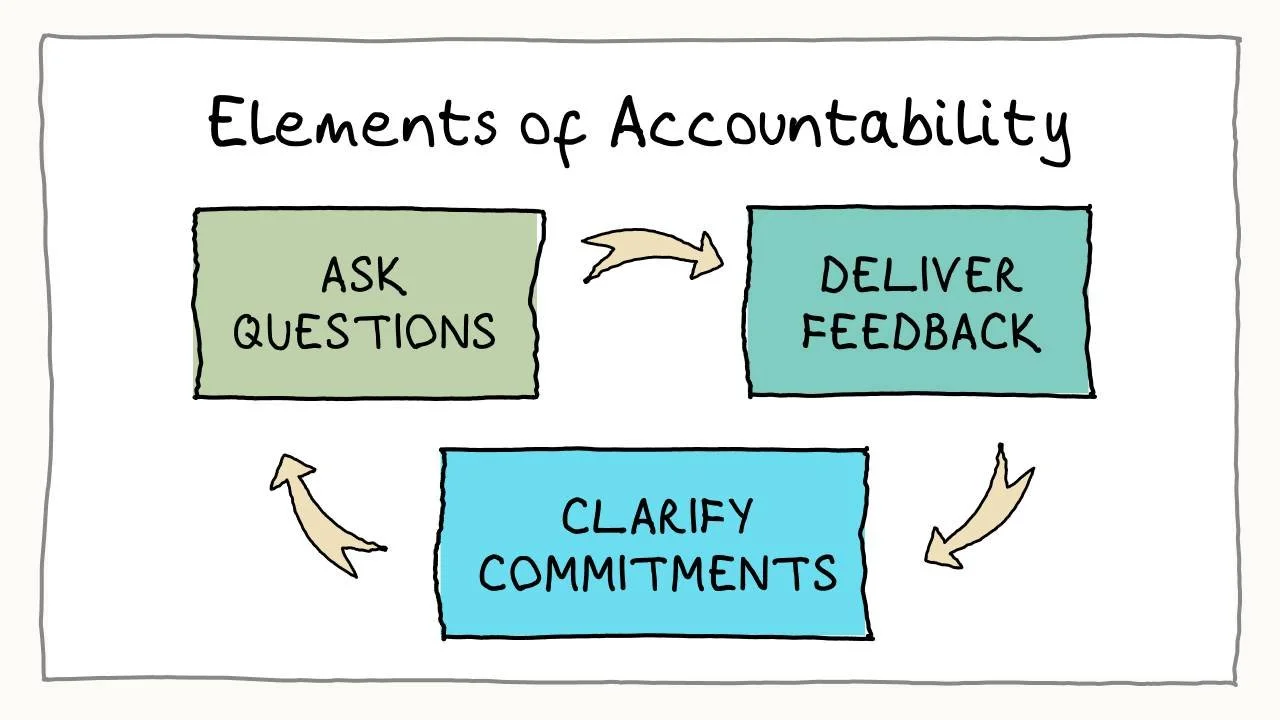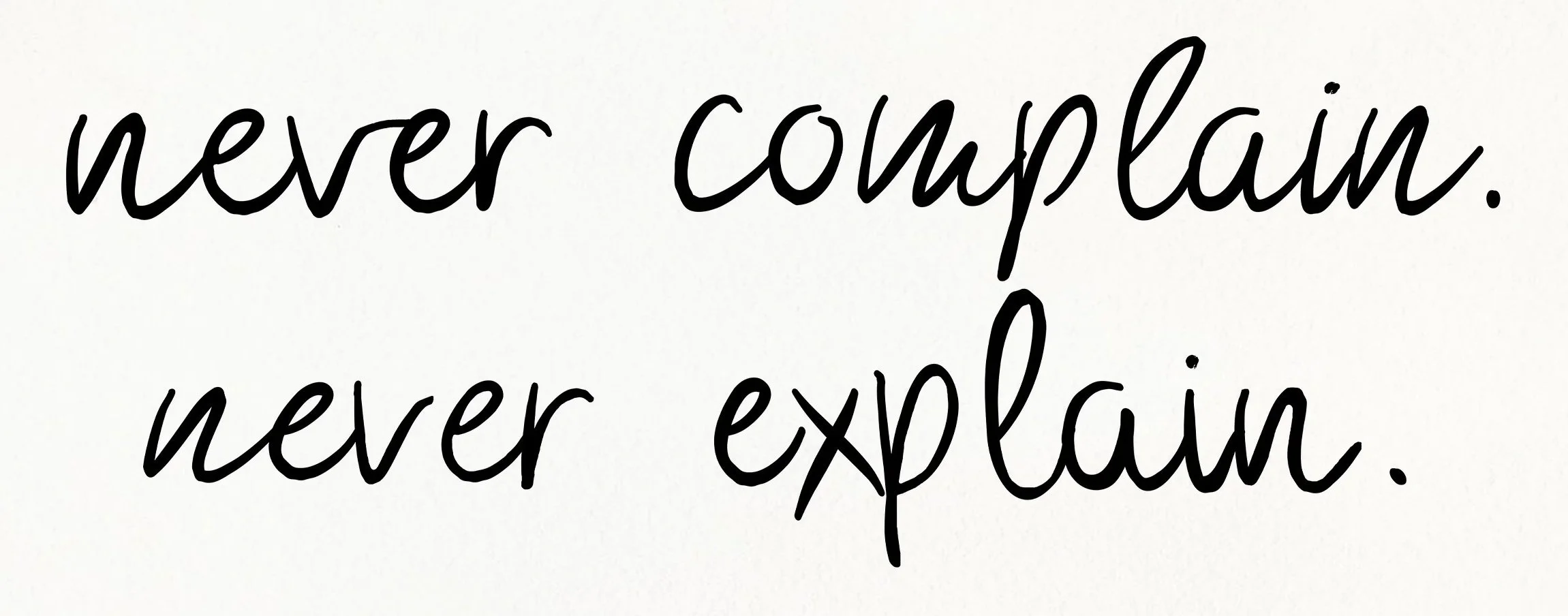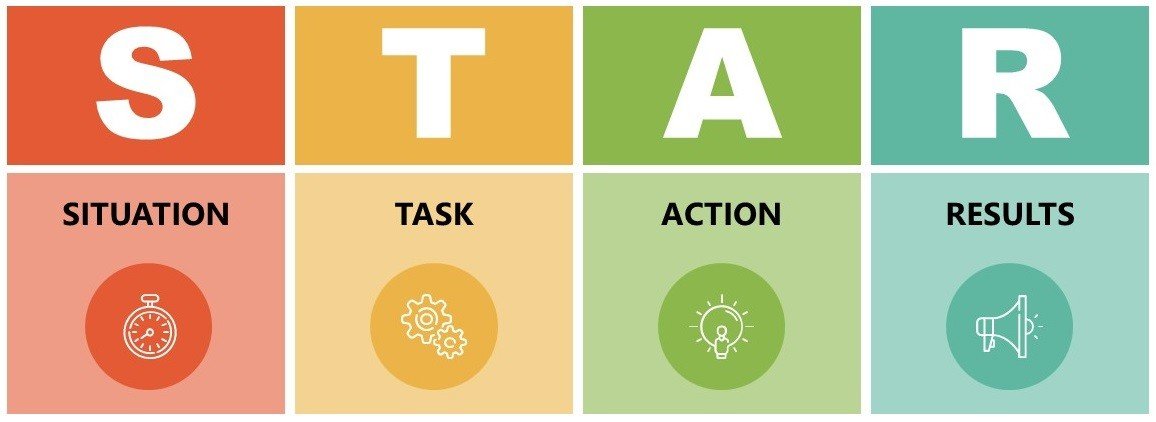I've never really worried about what people think of me, except for those I genuinely know and care about. Why should you worry about the opinions of people who don't know you, who have never even met you? Why would their words matter? It’s easy to say these things, but they come from a place of balance. I’m not an aggressive person, and I don’t have a quick temper. Sure, I can get a bit moody, stand on my soapbox, and have a good rant about things that frustrate me. But I don’t experience that "red mist" others talk about. Similarly, when things are going well, I don’t let success go to my head.
I would say my character is pretty balanced, as I don’t get overly excited when things are great, and I don’t get too down when they’re not. This kind of temperament isn’t something you can teach or explain easily - it’s either how you’re wired or it’s not. In leadership and senior roles, this balance helps. You’re constantly under pressure to perform, and over time, you learn how to handle it and live with it.
“ “Never argue with stupid people, they will drag you down to their level and then beat you with experience.” ”





















